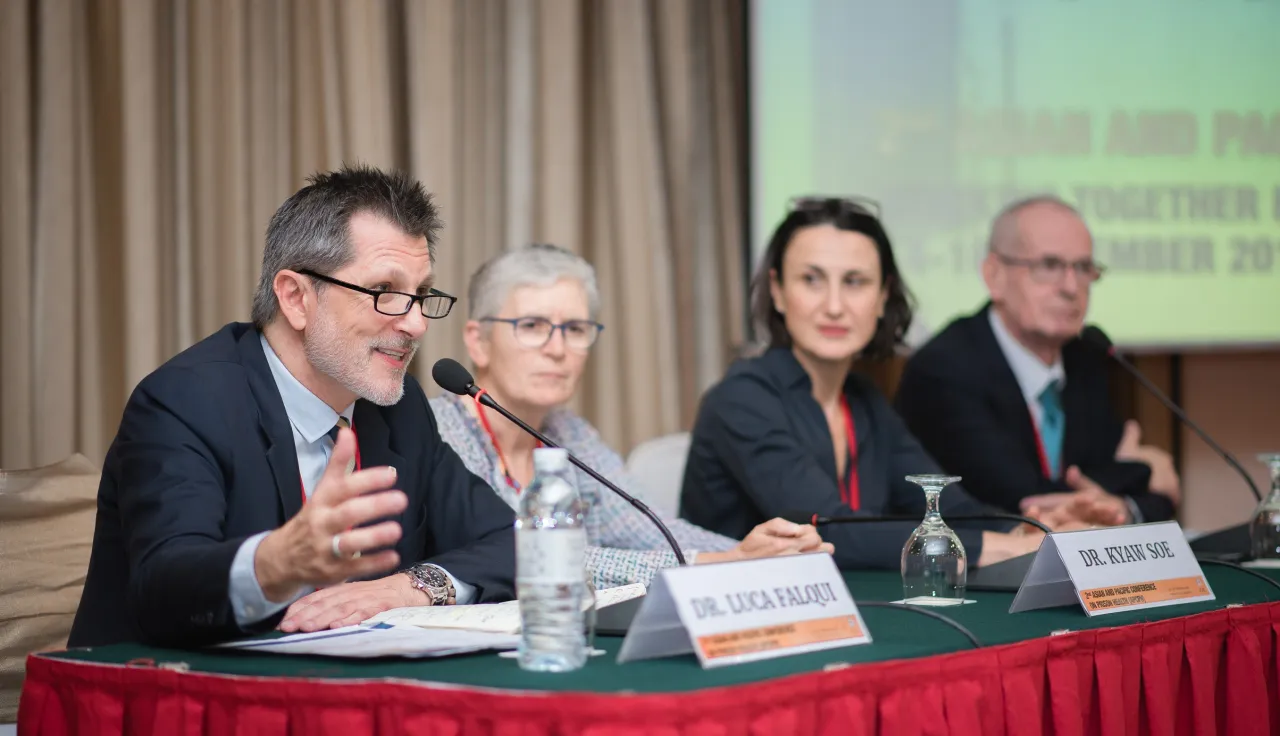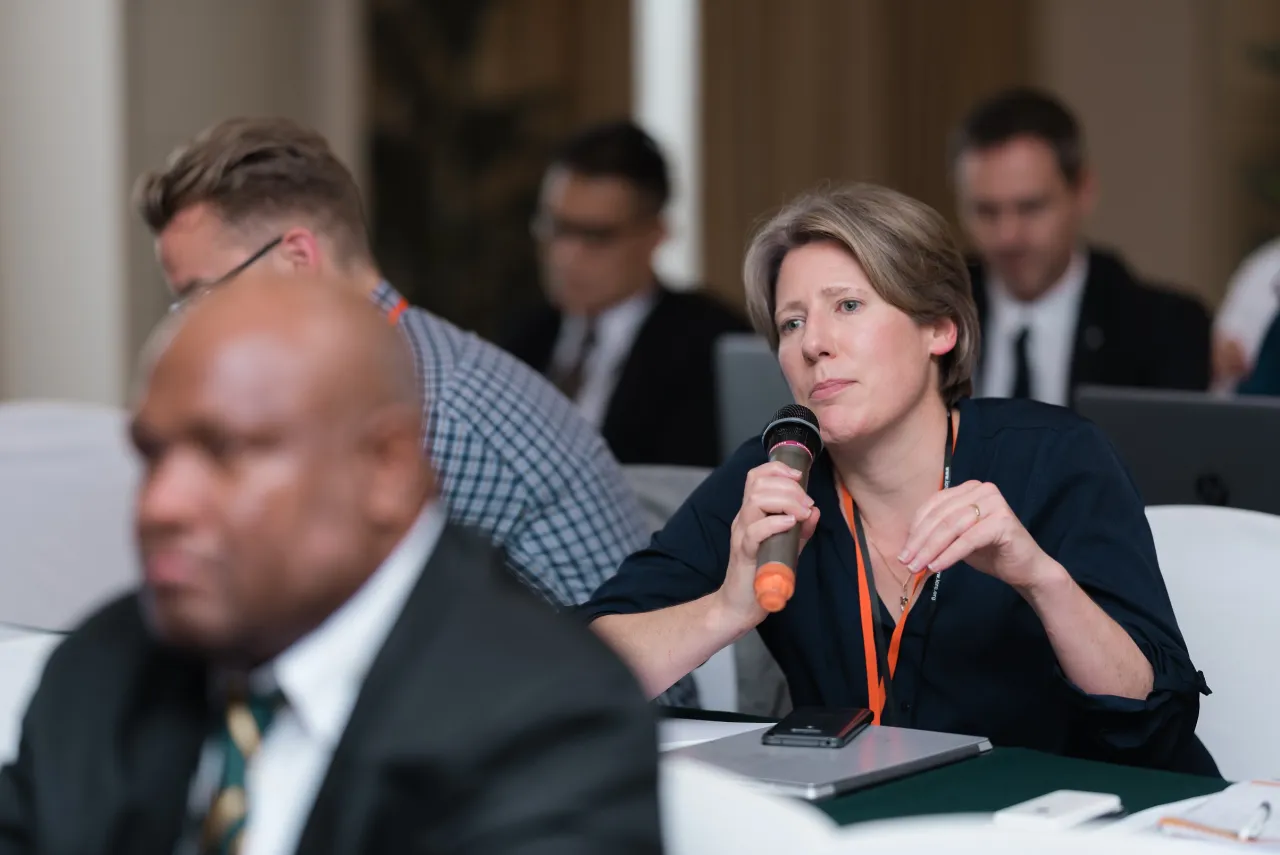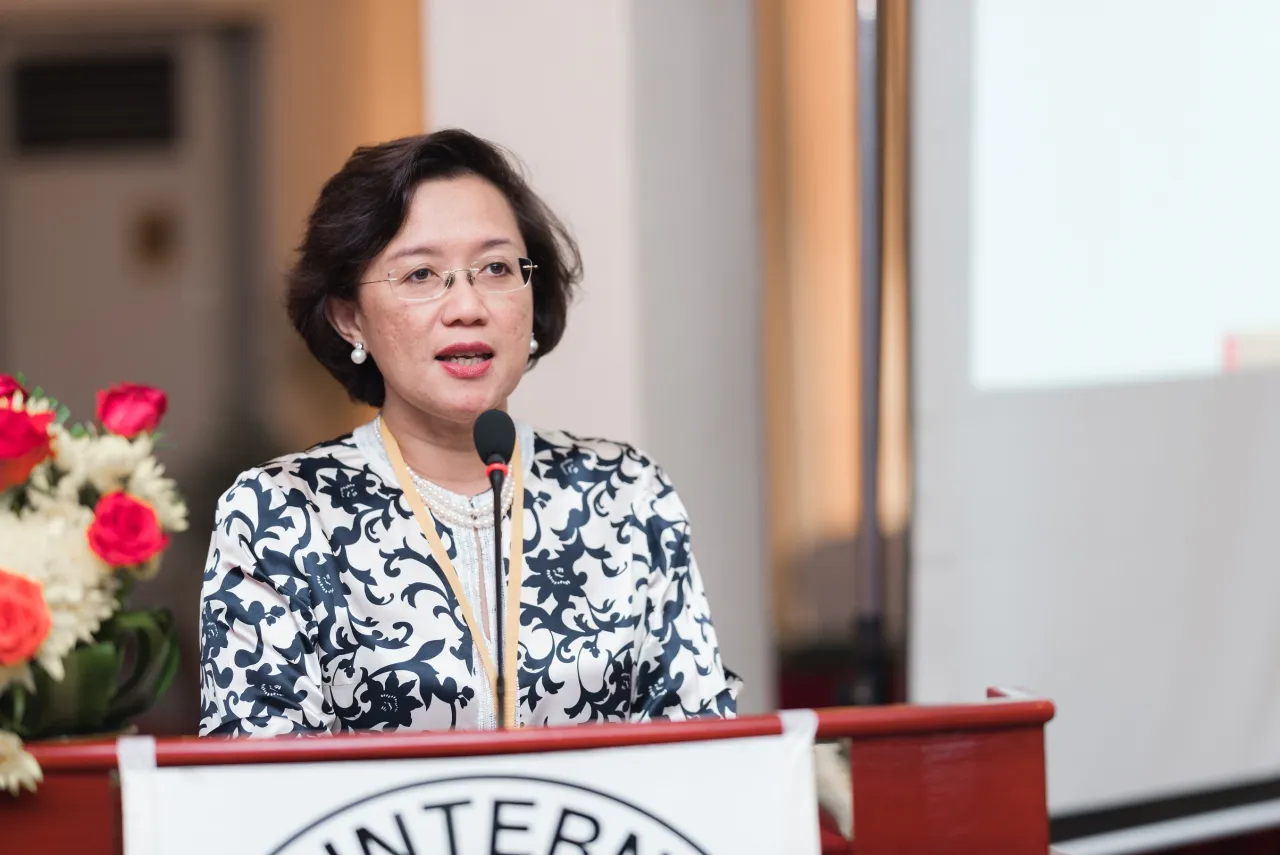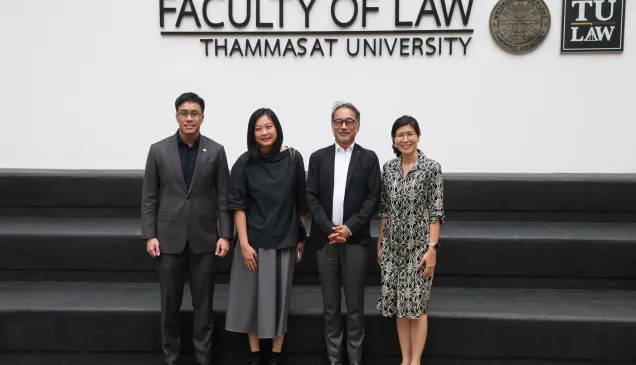Asia and the Pacific: Conference highlights working together for better prison health

The second edition of the Asian and Pacific Conference on Prison Health (APCPH) recently organized in Phnom Penh, Cambodia, marked another important milestone in the promotion of health-care services for detainees in the region.
Over 100 health-care experts and prison authorities from 17 countries of the region came together to discuss and debate various aspects that affect prison health systems including national policies, data, care for drug abusers, mental health care and management of infectious diseases. Organized by the International Committee of the Red Cross (ICRC) as a forum for sharing research and good practices and building partnerships, the conference was held from 14 to 16 November 2018.
Elena Leclerc, M.D., an ICRC specialist in Health care in Detention for Asia-Pacific region, shared that this year the conference was opened to all countries in the region. "One of the positive developments this time was that we did not limit ourselves to the countries where we are implementing health-care activities and projects related to detention," said Dr Leclerc.

Hosting the conference in Cambodia was also significant as it highlighted the Cambodian government's efforts in strengthening their prison health system with the ICRC's help, particularly in the last decade. The ICRC mission in Cambodia has been assisting the General Department of Prisons to improve health-care services for detainees through a standardized and functional system.
In his opening speech, Cambodian health ministry's secretary of state Te Kuy Seang said, "In 2010, the Ministry of Health agreed to include correctional centres and provincial prisons under its coverage. In line with the decision, the ministry is extending health-care services to detainees."
Responding to an on-site survey, participants particularly appreciated the choice of topics and speakers as well as the opportunity for detailed discussions at the conference. One of the main objectives of the conference is to help different sectors work in partnership to deliver sustainable solutions and ensure good health in prisons. Participants vouched that this was an important outcome of the three-day event.

Discussing common challenges, Dr Adeeba Kamarulzaman, dean at the Faculty of Medicine at University of Malaya in Malaysia, spoke about the need to care for inmates who abuse drugs because imprisonment without rehabilitation programmes and treatment merely leads to overcrowding in prisons. "People who abuse drugs need some form of biomedical assistance," she stressed.
Mental health of detainees was another topic that dominated the discussions. Experts stressed that there is higher prevalence of mental illnesses and disorders among detainees as compared to the general community.
Louise Southalan, forensic mental health expert from University of Melbourne, Australia, said one of the ways to address this challenge is by effectively integrating forensic mental health services, which is an important function of the criminal justice system. "It not only evaluates the mental health condition of accused criminals during the trial process but also when they are incarcerated and released," he said.
For updates on the Asian and Pacific Conference on Prison Health, please visit www.apcph.icrc.org.



